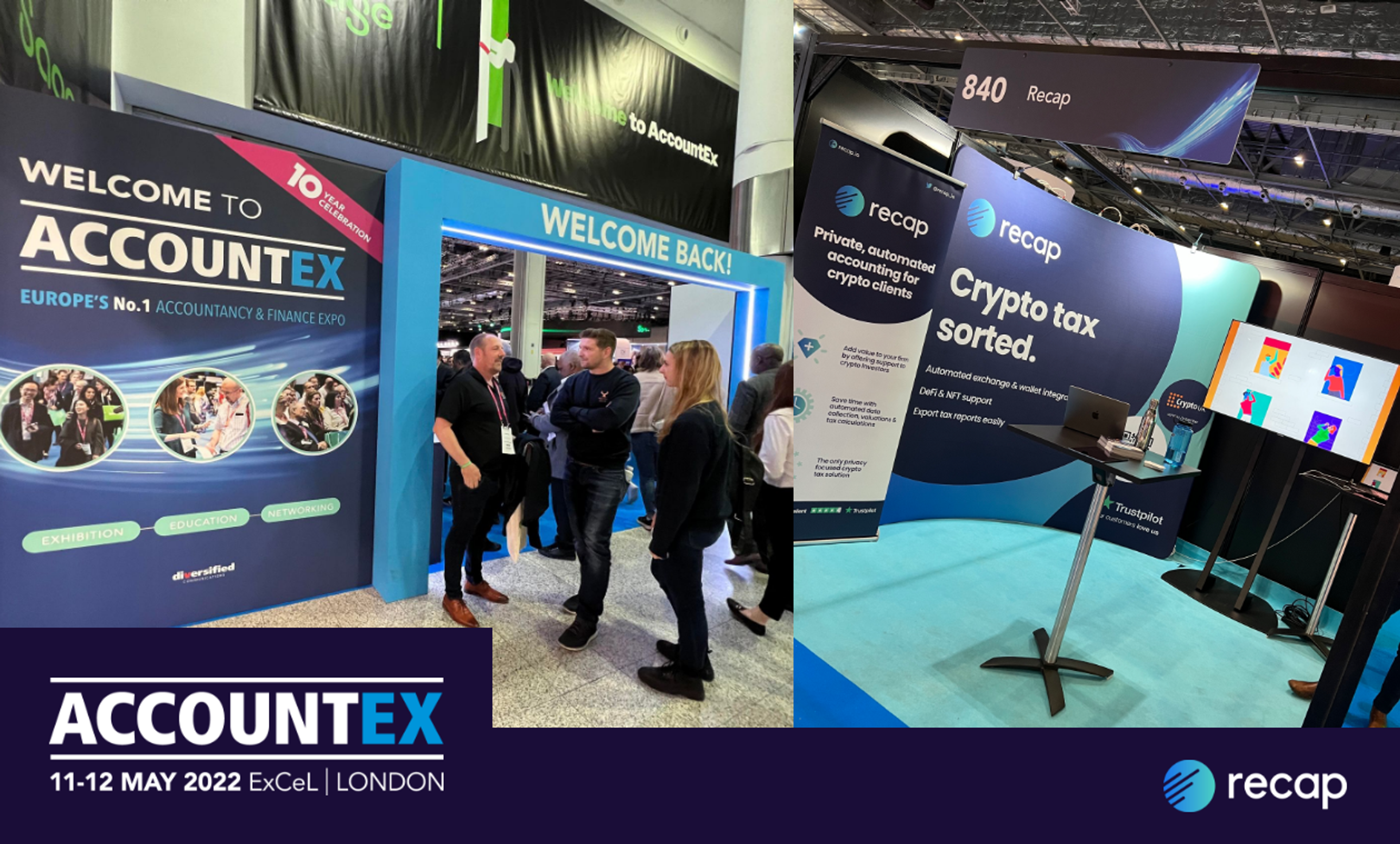
With the rise of cryptocurrencies, London-based investors and businesses increasingly face the challenge of managing complex tax obligations Crypto tax accountant London. As digital currencies blur traditional financial boundaries, the role of a crypto tax accountant in London has become crucial. These specialists ensure clients remain compliant with HMRC regulations while optimizing their tax strategies.
Interestingly, lessons from the U.S. construction and contractor industries, known for intricate financial tracking and regulatory compliance, offer valuable insights into effective crypto tax management. By understanding these parallels, crypto tax accountants in London can better serve their clients, especially those involved in volatile and high-volume transactions.
Why London Needs Skilled Crypto Tax Accountants
The UK tax authority classifies cryptocurrencies as property, not currency, meaning that every disposal event — be it selling, trading, or using crypto to purchase goods — potentially triggers capital gains tax (CGT). This creates a complicated landscape for taxpayers, especially those with numerous transactions or mixed income sources.
In London, where a large proportion of early adopters and businesses are actively engaging in crypto, having a tax accountant with expertise in digital assets is essential. A qualified crypto tax accountant not only interprets evolving HMRC guidelines but also ensures that all taxable events are accurately recorded and reported.
Learning from U.S. Construction and Contractor Accounting
The U.S. construction sector offers an insightful comparison for managing complex financial data. Contractors handle multiple projects with overlapping timelines, varying costs, and diverse revenue streams. Their accounting practices emphasize detailed record-keeping, cost allocation, and project-specific reporting — all vital to maintaining compliance with IRS rules.
Similarly, crypto tax accountants in London must manage high transaction volumes, various transaction types, and cost basis calculations. Just as contractors track expenses and income per project, accountants handling crypto track each wallet, trade, and token swap meticulously. This approach minimizes errors and supports clear tax reporting.
Key Attributes of a Top Crypto Tax Accountant in London
Clients seeking crypto tax advice in London should look for professionals who combine technical tax expertise with strong financial management skills, including:
- Comprehensive Knowledge of Crypto Tax Laws: HMRC rules for cryptocurrency can be complex and subject to change. Accountants must stay updated to advise clients accurately.
- Experience with High-Volume Transactions: Like contractors juggling multiple projects, crypto investors often conduct hundreds of trades. Efficient data handling is critical.
- Utilization of Advanced Technology: Leading accountants use sophisticated software to import blockchain data, track cost basis, and generate precise tax calculations.
- Financial Discipline from Construction Accounting: Insights from U.S. contractor practices help accountants enforce strict documentation standards and apply robust cost allocation methods.
Common Challenges in Crypto Tax Accounting
London crypto users face several obstacles:
- Inconsistent Records: Many users lack organized transaction histories, complicating retrospective tax calculations.
- Multiple Crypto Activities: Mining, staking, and decentralized finance interactions each have unique tax implications.
- Frequent Rule Updates: HMRC frequently revises guidance on crypto taxation, requiring accountants to maintain current knowledge.
- Cross-border Complexity: International clients or exchanges may add layers of reporting requirements.
These challenges resemble those construction contractors face with complex contracts, subcontractor payments, and regulatory demands. Therefore, an accountant skilled in managing construction financials is well-equipped to tackle crypto tax intricacies.
The Value of Hiring a London-Based Crypto Tax Accountant
Local knowledge of UK tax laws and regulations is crucial. A London crypto tax accountant understands nuances such as allowable losses, exemptions, and specific reporting forms that foreign or general accountants might overlook.
Furthermore, they provide tailored advice, helping clients plan investments to minimize tax burdens, much like construction accountants advise on project budgeting and financial forecasting. This proactive guidance ensures clients remain compliant while optimizing their financial outcomes.
Conclusion
As cryptocurrency becomes an integral part of many Londoners’ portfolios, the expertise of a crypto tax accountant in London grows increasingly vital. Drawing parallels from the detailed, disciplined financial practices of U.S. construction and contractor sectors enhances these accountants’ ability to manage complex, high-volume transactions effectively.
For crypto investors and businesses in London, partnering with an accountant who blends up-to-date crypto tax knowledge with rigorous financial management techniques ensures accurate compliance, reduced risks, and strategic tax planning. This approach not only simplifies the taxing world of digital assets but also positions clients for long-term financial success.